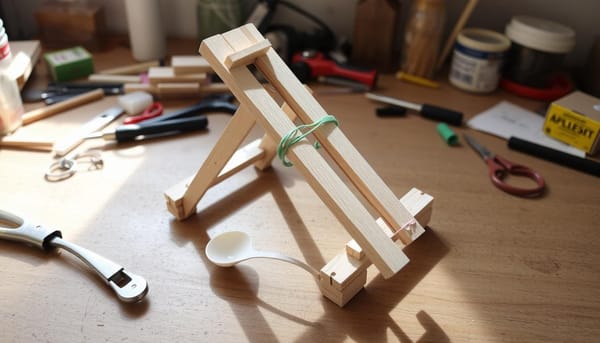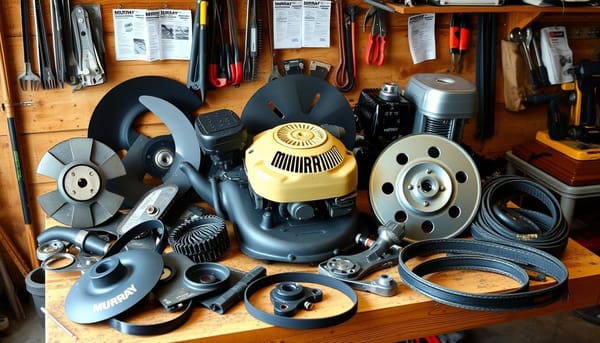Is this the Beginning of the End for Animal Testing?

Even if you aren't an animal rights activist, you probably still cringe when you think about animal testing. After all, the conditions for animals and the testing processes are often intentionally detrimental to the health of the animal, to study certain diseases or the effects of certain chemicals etc. In fact, according to a nationwide poll conducted by Lake Research Partners, 67% of American voters oppose animal testing for the purpose of cosmetics.
Another 70% of women (the largest consumers of cosmetics in the United States) believe that animal testing for cosmetics should be illegal and among young people (age 18-29), over half (54%) believe animal testing for medical purposes is morally wrong (according to a Gallup "Values and Beliefs" survey). These numbers, which have increased compared to previous surveys about the same question are going up in the United States as a whole.
The difficulty with a subject like animal testing is multifold. On one hand, animal suffering (or death) and the unpredictability of similar animal and human medical outcomes are legitimate issues but on the other, it's the way we've always done things and there don't see to be many alternatives. While more and more Americans are opposed to animal testing, many people still wonder how safe their cosmetics and drugs would be if human trials progressed before animal testing had been done. For many animal lovers, it can almost seem like an unwinnable battle, well maybe the biomedical startup, Emulate, Inc. will change this.
So you're a researcher doing clinical trials? While the clinical trial process means that you're one step closer to releasing your drug, you'd likely be cognisant of the fact that trials can take years and cost billions of dollars. More troubling, animals may suffer and die for the process of testing the drug or studying the disease in question and, in the very end, those tests may do little to predict human outcomes due to the difficulty of mimicking human pathophysiology. But what are your other options?
Well, imagine if you had what's called an "Organ-on-a-Chip," in simple terms, it's a microchip, covered in living human cells. I know this is getting weird, but I've already metaphorically grabbed your hand and we're going to take this ride. These chips aren't just lined with human cells, but they can mimic human tissue environments like neurons, breast cancer cells, kidneys, skin etc.
Now let's take it up a notch. Imagine that this Organs-on-Chips technology could be personalized to your body, with your actual cells. This could initiative an entirely new era of what has been coined "precision medicine." This is a new way of developing disease treatment and prevention plans tailored to the genetic profile, environment, and lifestyle of each particular person.
Our plans include creating individually tailored Organ-Chips with a patient’s own cells to allow biology to be predicted on a person-by-person basis. Imagine one day being able to use your own cells to create a personal Lung-Chip, your own Heart-Chip, or even your own “You-on-a-Chip.”
Are you as blown away as I am by the potential to receive personalized medical care, tailored to your individual cells? This is awesome, but wait, there's more! In addition to the ultimate, customizable You-on-a-Chip, researchers and medical staff can also use Emulate Inc.'s Human Emulation System, which is based on the Organs-on-Chips technology as well.
The system allows researchers to predict how humans may respond to medical interventions (like certain medications), diseases, chemicals, and foods. It is more precise and more easily controllable than the cell cultures and animal testing processes that we use today.
What is the Human Emulation System composed of? The lab ready, Human Emulation System contains Organ-Chips, instrumentation and software apps. Tests are performed on the Organ-Chips (which replicate the effects of cells in the human body) and the software helps with experiment design, result from analysis, data storage, and data modeling.
The Organ-Chips used in the system is the size of AA batteries and contain tens of thousands of cells and the testing process can be controlled from beginning to end by the user (who in this case would be the researcher).
Recently Emulate Inc. was awarded a grant to fund the use of its Human Emulation System at the International Space Station. They have even reproduced the effects of poison, asthma, and viruses (just to name a few) on Organ-Chips at various conferences. More updates can be found on the news section of their website.
We have designed our Organs-on-Chips technology to fully recreate the complex, dynamic state in which living cells function within a real human organ. This unique approach to developing our technology enables us to accurately recreate and modulate human biology and disease states.
Whether it's animal welfare, funding or disease outcomes (maybe all of the above), Emulate Inc. has something for everyone to love. For academic interests, consumer consciousness, biotechnology concerns, pharmaceutical development or even cosmetic testing, Organs-On-Chips technology is a breakthrough.
It actually may be the closest we've gotten to the end of animal testing (maybe I'm too ambitious, but someone has to keep hope alive). So the next time you're thinking about accepting the things you can't change, why not be the one who changes the things you can't accept?
emulatebio.com
Fyxes
Thoughts, stories and ideas.




